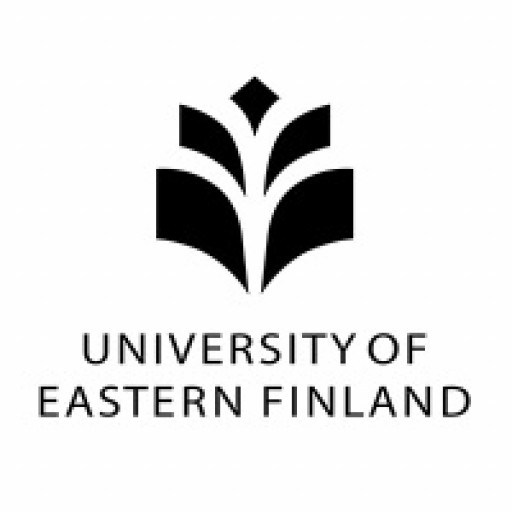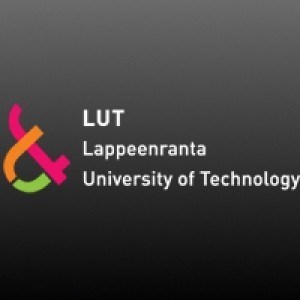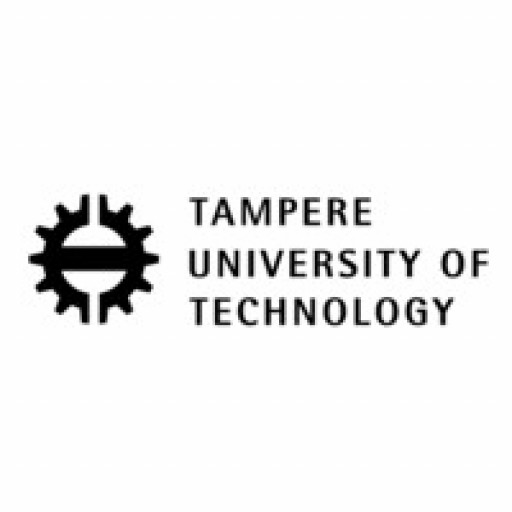Photos of university / #uniuef
Early Language Education for Intercultural Communication is a comprehensive university programme offered by the University of Eastern Finland, tailored to equip students with essential skills in teaching foreign languages to young learners and fostering intercultural understanding. This programme emphasizes the importance of early childhood language acquisition, aiming to develop future educators who are capable of designing innovative and effective language teaching methods suitable for young children in diverse cultural contexts. Throughout the programme, students will explore the theoretical foundations of language acquisition, the pedagogical approaches to teaching languages at the early childhood level, and the integration of intercultural competencies into language education. The curriculum covers a wide range of topics, including linguistics, didactics, child development, and intercultural communication, ensuring graduates are well-prepared to promote multilingualism and cultural awareness in early education settings. The programme combines academic coursework with practical training components, including internships and teaching practice in various educational institutions. Students will have opportunities to develop their teaching skills, receive feedback from experienced educators, and engage in research projects related to early language education and intercultural communication. By the end of the programme, graduates will be equipped to work as early language teachers, curriculum developers, or researchers specializing in intercultural competence, contributing to the development of inclusive and multicultural educational environments. The University of Eastern Finland’s strong emphasis on internationalization and intercultural dialogue ensures that students gain global perspectives essential for modern language education. Graduates of this programme will be capable of addressing the diverse needs of learners from various cultural backgrounds, promoting language learning as a tool for intercultural understanding and cooperation. Overall, Early Language Education for Intercultural Communication prepares students for meaningful careers in education, research, or policy development, fostering the next generation of educators who are passionate about language and intercultural dialogue.
Degree structure
The Programme consists of altogether 120 ECTS divided into: Orientation Studies (5 ECTS), Major Studies (95 ECTS) and Other Studies (20 ECTS).
Orientation studies (5 ECTS)
Orientation studies provide students with the useful tools indispensable for successful completion of the courses included in the Curriculum. They familiarize students with the University of Eastern Finland, present the core of the Finnish educational system in general, as well as introduce the main learning objectives, content and evaluation criteria of the ELEIC Programme.
Major studies (95 ECTS)
Major Studies aim at deepening students' academic skills related to research methodology in educational sciences. They also prepare students to plan and execute their research activities related to the topic of their Master's thesis. As one of the main aspects of the ELEIC Programme is communication in various international settings, major studies include as well obligatory courses fostering students' ability to act as an English speaking professional teacher or educator. Content studies, constituting an integral part of the major studies are dedicated to the pedagogical viewpoints of language teaching and learning processes. The emphasis is laid on theoretical and practical aspects of working with/for children. The content studies are oriented towards theory and practice of teaching foreign languages to young learners, current pedagogical and educational issues, innovative pedagogical solutions, as well as teaching and professional practice.
Other studies (20 ECTS)
Other Studies may include any university-level courses that serve to deepen students' expertise related to the topic of their master's thesis or personal interests.
Admission requirements
- A recognized BA degree (or MA degree) in the area of education or foreign languages
- Officially recognized teacher qualification (in any country) proven either by an official certificate or/and a solid work experience as a teacher in primary school
- Good English language skills. Minimum requirements for the language skills verified through the official language tests are as follows:
- IELTS (Academic): 6.5/5.5 in writing
- TOEFL PBT: 580/4 in writing
- TOEFL iBT: 90/22 in writing
- PTE (Academic): 59
Applicants who have completed their secondary education or BA degree in English in Australia, Canada, Ireland, New Zealand, the United Kingdom or the United States, do not have to take a language test. Similarily, students who have successfully completed studies in the University of Eastern Finland (formerly University of Joensuu) as exchange students, are exempt from the language test.
Also, applicants who have successfully completed an International Baccalaureate with English as A1 language do not have to submit the abovementioned language test results
Along with the introduction of the tuition fees, University of Eastern Finland will provide an attractive scholarship scheme for 50% of the students admitted to the Programme. The scholarship will consist of 80-100% exemption from the tuition fees. A scholarship will be awarded for two academic years, however obtaining the scholarship for the second year will be conditioned by the progress of student's studies and his/her general academic performance during the first study year.
Application period for the scholarship is the same as for the admission: 1.12.2016-13.1.2017.
The Philosophical Faculty may, in some cases, award an additional scholarship helping to cover student's living expenses in Finland, which may apply to both student groups: from EU, as well as non EU/EEA countries. The student shall apply for the financial aid from the faculty during the application period by submitting a separate letter as an application enclosure.
Notifications concerning scholarships and other additional financial support will be sent to the admitted students together with the official acceptance letter.
The Early Language Education for Intercultural Communication program at the University of Eastern Finland is designed to prepare students for careers in language teaching, intercultural communication, and related fields. The program emphasizes developing competence in multiple language skills, including listening, speaking, reading, and writing, with a particular focus on early childhood and primary education contexts. Students gain a thorough understanding of language acquisition processes, pedagogical theories, and practical teaching methods suitable for diverse cultural backgrounds. The curriculum integrates intercultural communication strategies to equip future educators with the skills necessary to facilitate understanding and cooperation among people from different cultures.
Throughout the program, students have opportunities to engage in practical teaching placements, where they can apply their theoretical knowledge in real classroom settings, working with diverse student populations. The program also offers courses in cultural studies, linguistics, and educational psychology to provide a well-rounded understanding of the factors influencing language learning and intercultural competence. Internationalization is a key component, with opportunities for exchange studies and collaboration with partner universities abroad. The program aims to produce graduates who are not only proficient language educators but also advocates for multicultural understanding and intercultural dialogue.
Graduates of the program are prepared to work in various educational settings, including early childhood education centers, primary schools, and community organizations focused on intercultural engagement. They may also pursue further specialization in language education, intercultural communication, or related research fields. The University of Eastern Finland commits to fostering an inclusive learning environment that supports diversity, innovation, and lifelong learning. Overall, the program provides students with both theoretical foundations and practical skills necessary for effective intercultural communication and language education, emphasizing the importance of intercultural sensitivity and adaptive teaching strategies in an increasingly interconnected world.







